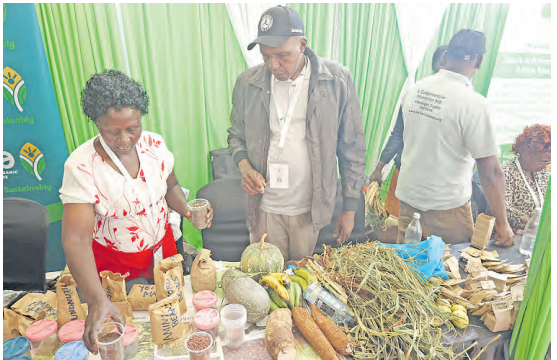

Amid the ongoing climate and biodiversity crises, scientists have been urged to come up with innovative ways of communicating their research to inspire immediate action.
A recent study, published in People and Nature, said traditional scientific communication has often failed to engage non-experts or spur urgent environmental action.
The paper, titled “We are Storytelling Apes: Experimenting with New Scientific Narratives in a Time of Climate and Biodiversity Collapse,” was authored by researchers from the University of Exeter.
It said scientists should explore the power of storytelling without compromising the integrity or objectivity of their work.
According to Prof Karen Anderson from the Environment and Sustainability Institute at Exeter’s Penryn Campus, many environmental scientists are frustrated by the lack of meaningful action to address the planet’s crises raised in their reports.
She said they often feel a deep sense of loss, fear and helplessness, but are constrained by the expectation to present their findings in a dispassionate, objective manner.
“Researchers are expected to be rational, not emotional, for fear of being seen as less objective or trustworthy,” Anderson said.
“This expectation prevents scientists from fully conveying their passion and the urgency of their work.”
Dr Katherine Crichton, a co-author of the study said the style of academic writing, which emerged in the 17th and 18th centuries, was originally designed for a small group of scholarly peers.
“That style has its place. But we are no longer just debating technicalities for academic interest. We are discussing something far more urgent, our very home. The climate and biodiversity crisis is too important to be confined to academic journals,” she said.
Professor Angela Gallego-Sala, an expert in peatland,
said the disconnect is the detached manner in which the
reports are presented.



![[PHOTOS] KPC signs a service legal agreement with KEBS](/_next/image?url=https%3A%2F%2Fcdn.radioafrica.digital%2Fimage%2F2025%2F07%2Fa63c369d-7d4d-4a8c-bef9-34dba4c6d536.jpg&w=3840&q=100)








